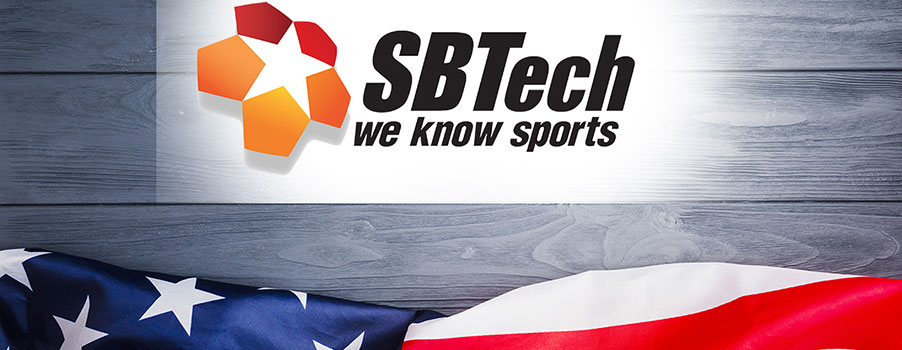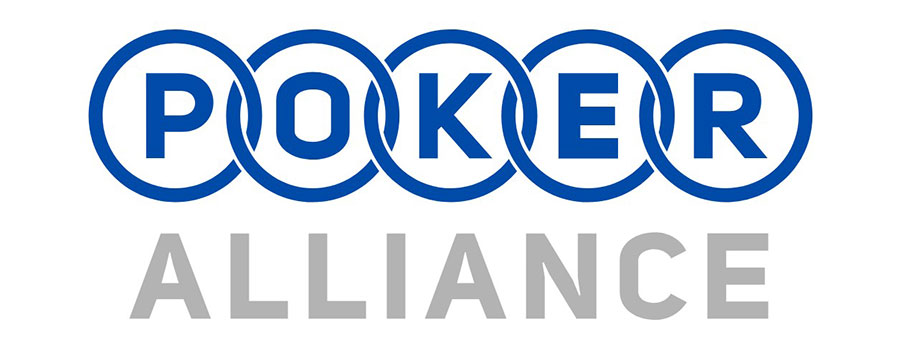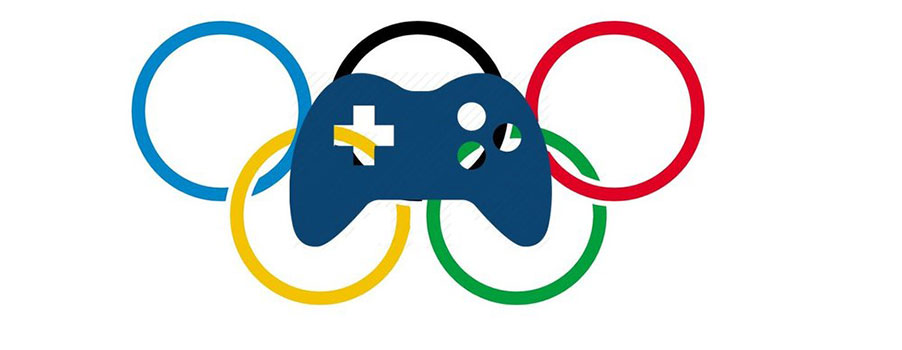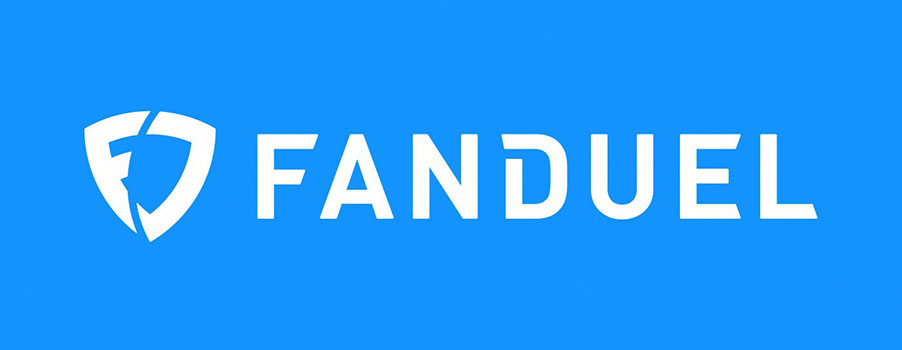On April 5, India’ central bank, the Reserve Bank of India (RBI) issued a circular that was addressed to all regulated financial institutions including banks prohibiting them from offering their services to crypto-related business. The policy further mandated the financial institutions to stop allowing their own retail clients from purchasing cryptocurrencies through their banking accounts. A three-month deadline was set for the policy and therefore the ban should effectively take effect as from Thursday, July 5.
As expected, the move by the RBI to ban cryptocurrencies has caused quite a stir across India’s nascent but rapidly growing cryptocurrency community with a number of crypto exchanges opting to take up the issue through the courts. The Supreme Court just happens to be one of the many courts where petitions challenging the ban were filed – most of the petitions cited the RBI’s policies as being “arbitrary, unfair and unconstitutional.”
The move was led by the Internet and Mobile Association of India which counts cryptocurrency exchanges as its members. The organization fast-tracked the legal challenge against the RBI ban and they finally got to be heard on the morning of June 3.
Unfortunately, the Indian Supreme Court led by Chief Justice Dipak Misra chose to side with the arguments of the RBI and therefore the cryptocurrency ban is still in effect and so is the July 5 deadline.
“This a win for the RBI and a big blow to virtual currency exchanges and traders. In our earlier request to the RBI as well, we had asked it to extend the deadline by a month after the July 20 hearing. However, now that the ban will continue, the banking route for the exchanges and its users will be completely choked,” said Rashmi Deshpande, an associate from legal firm Khaitan & Co who are involved in the petition.
Is This the End for Crypto Exchanges in India?
If you have been following the crypto industry in India, you may have noticed that it is quite likely that this might truly be the end of cryptocurrency exchanges in the country. There is all talk of total control of crypto being eventually handed to the RBI, something that, if goes through, will lead to the digital currencies being declared as completely illegal assets.
Furthermore, some top government officials have hinted at a number of regulatory or legal developments that are currently in the works and have the potential of turning everything around.
“We have prepared a draft (on virtual currencies) that entails what parts of this businesses should be banned and what should be preserved. This should be discussed by the first week of July and we should wrap this up within in the first fortnight of July,” Subnash Chandra Garg, the Secretary of the Department of Economic Affairs said.
While we cannot be certain about what the future truly holds for crypto, the Supreme Court’s decision is most certainly bad news for the Indian crypto market especially considering how deep-rooted blockchain technology is in India.










